Tokyo, a bustling metropolis known for its cutting-edge technology and rich cultural heritage, has been making significant strides in accommodating diverse dietary needs, particularly in the realm of halal-certified food. With the increasing number of Muslim tourists and residents, the city has seen a growing demand for halal options, leading to a surge in restaurants, cafes, and even supermarkets offering halal-certified products. This shift reflects Tokyo's commitment to inclusivity and its ability to adapt to the needs of a global audience.
The concept of halal certification in Tokyo is not just limited to food. It extends to various sectors, including cosmetics, pharmaceuticals, and even tourism services. For many Muslims, halal certification ensures that products and services comply with Islamic law, which governs everything from the sourcing of ingredients to the methods of preparation. In Tokyo, this has led to the emergence of specialized halal certification bodies that work closely with businesses to meet these stringent requirements.
One of the most notable aspects of Tokyo's halal scene is its diversity. From traditional Japanese dishes like sushi and ramen to international cuisines, many restaurants have adapted their menus to cater to halal dietary restrictions. For instance, some sushi restaurants now use halal-certified seafood and avoid alcohol-based ingredients in their preparations. Similarly, ramen shops have introduced halal broths made from chicken or vegetables, ensuring that Muslim diners can enjoy these iconic dishes without concern.
The rise of halal tourism in Tokyo has also been a game-changer. Many hotels now offer prayer rooms, halal meal options, and even Qibla direction indicators in guest rooms. Tour operators have begun offering halal-friendly itineraries, which include visits to mosques, halal restaurants, and cultural sites that align with Islamic values. This focus on halal tourism has not only made Tokyo more accessible to Muslim travelers but has also boosted the city's reputation as a welcoming destination for people of all faiths.
Supermarkets and convenience stores in Tokyo have also joined the halal movement. Major chains like Aeon and Seiyu now stock a variety of halal-certified products, from snacks and beverages to ready-to-eat meals. This availability has been a relief for Muslim residents who previously had to rely on specialty stores or online orders to find halal groceries. The convenience of finding halal products in everyday shopping venues has significantly improved the quality of life for Tokyo's Muslim community.
Despite these advancements, challenges remain. One of the biggest hurdles is the lack of awareness among some businesses about what halal certification entails. Misconceptions about the complexity or cost of obtaining certification can deter smaller establishments from pursuing it. However, organizations like the Japan Halal Association and the Islamic Center of Japan have been working tirelessly to educate businesses and streamline the certification process, making it more accessible to a wider range of operators.
Another challenge is the need for more halal-certified options in less central areas of Tokyo. While the city's core districts like Shinjuku and Shibuya are well-equipped with halal dining and shopping options, suburban areas often lag behind. This disparity can make it difficult for Muslim residents living outside the city center to access halal products and services. Efforts are underway to address this gap, with community groups and local governments collaborating to expand halal infrastructure across the greater Tokyo area.
The future of halal certification in Tokyo looks promising. As the city continues to globalize, the demand for halal products and services is expected to grow. This trend is likely to spur further innovation, such as the development of new halal-friendly technologies and services. For example, some startups are exploring halal-certified food delivery platforms, while others are working on apps that help Muslims locate halal options in real-time. These initiatives underscore Tokyo's potential to become a leading hub for halal commerce in Asia.
In conclusion, Tokyo's embrace of halal certification is a testament to its evolving identity as a cosmopolitan city. By catering to the needs of its Muslim population, Tokyo is not only enhancing its appeal as a tourist destination but also fostering a more inclusive society. The progress made so far is commendable, but there is still room for growth. With continued effort and collaboration, Tokyo can set a benchmark for other cities aiming to accommodate diverse religious and cultural practices.

By /Aug 13, 2025
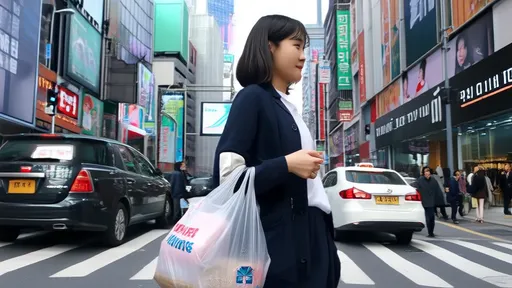
By /Aug 13, 2025

By /Aug 13, 2025

By /Aug 13, 2025

By /Aug 13, 2025
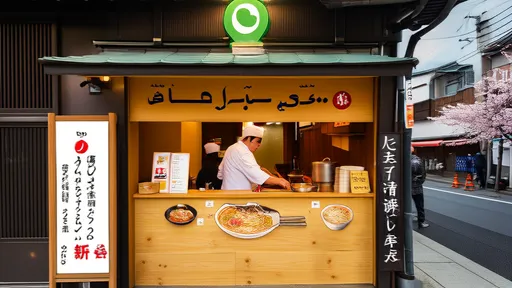
By /Aug 13, 2025
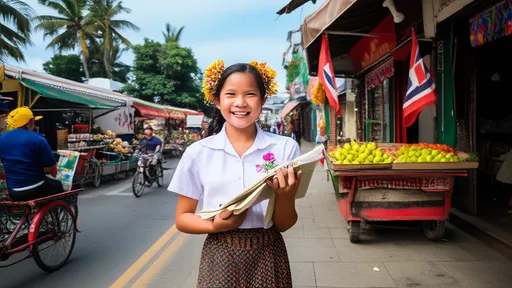
By /Aug 13, 2025
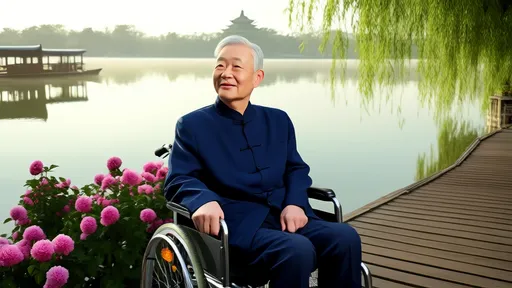
By /Aug 13, 2025

By /Aug 13, 2025

By /Aug 13, 2025
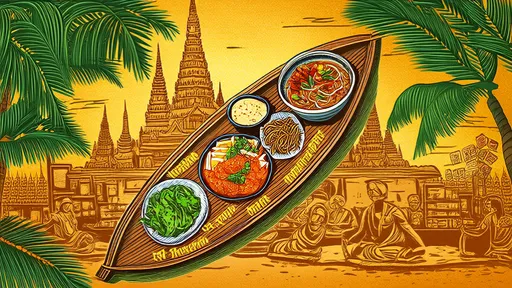
By /Aug 13, 2025

By /Aug 13, 2025

By /Aug 13, 2025

By /Aug 13, 2025

By /Aug 13, 2025

By /Aug 13, 2025

By /Aug 13, 2025

By /Aug 13, 2025

By /Aug 13, 2025

By /Aug 13, 2025